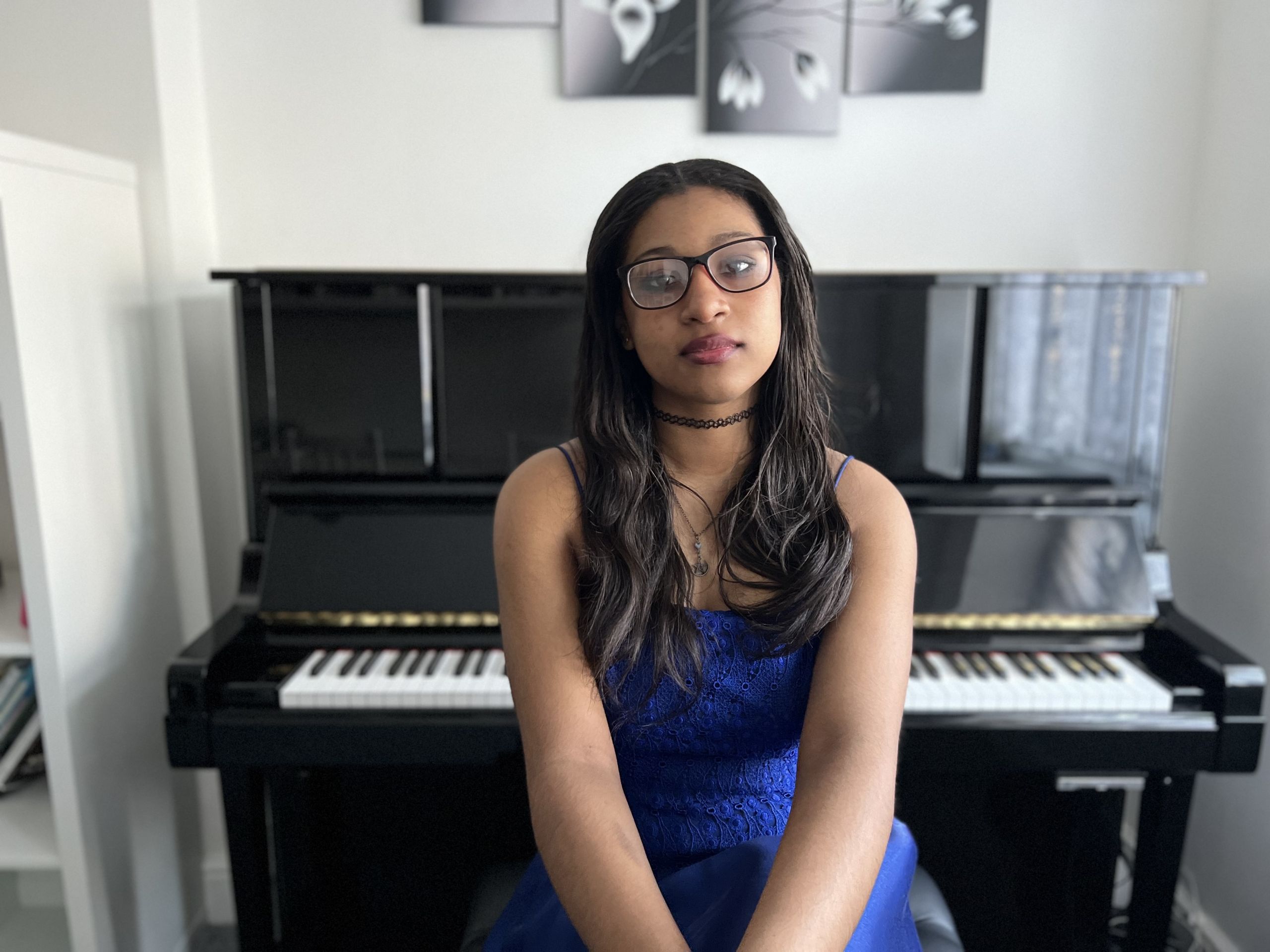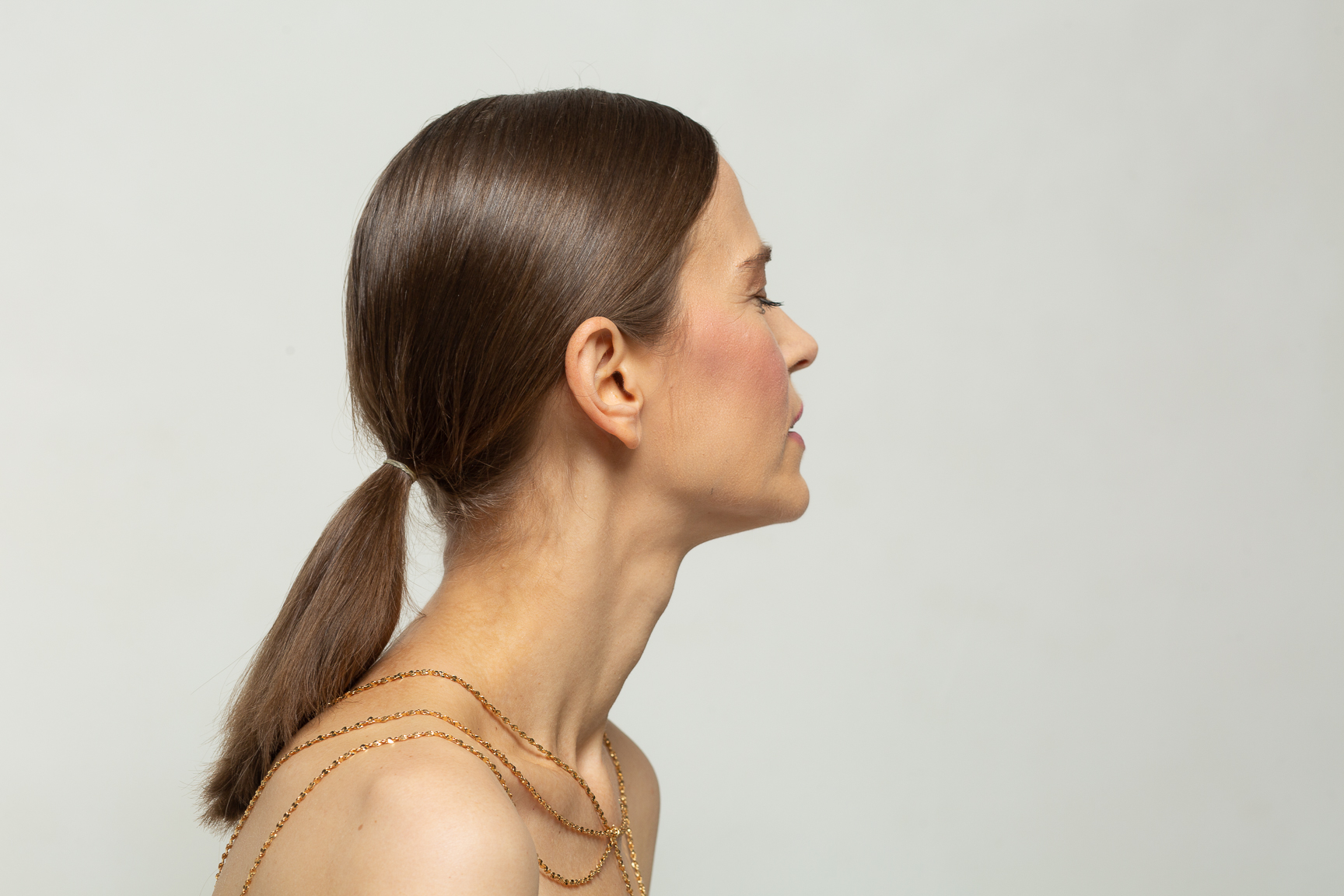About
Alanna Crouch is a British teenage pianist and composer of classical, contemporary and film music. Born in London in 2006, Alanna began playing the piano at the age of 3 under the guidance of Tom Donald of London Contemporary School of Music and from 2014 has also studied under Christine Croshaw of Trinity Laban Conservatoire of Music and Dance.
Alanna passed the ABRSM Grade 5 Jazz and ABRSM Grade 8 exams with high distinctions at the age of 7, and then became the youngest person to pass the DipABRSM at age 8, marking the beginning of her promising musical career and establishing her as a highly skilled pianist with a deep understanding of performance.
Alanna began composing at the age of 7 and has since written a number of original pieces, including solo piano works, chamber music, orchestral pieces and film scores. Her compositions have been praised for their variety, haunting melodies and emotional depth, as she draws inspiration from a wide range of musical genres. She began to release on Spotify in 2022 with plaudits from commentators, growing streams and her music gaining placement on playlists. Her most recent release “Don’t Forget Me” has been similarly well-received. She continues her formal musical training in composition and music analysis under the tutelage of Prof. Dr. Bohdan Syroyid from the University of Salamanca (Spain).
She has collaborated with her older sister on music projects, together achieving impressive accolades. Their short film 'Princess Emma' won several awards, including Best Original Score and the Grand Jury Prize Winner for Best Student Short at the Imagine Rain Independent Film Awards in 2021. Alanna has had many collaborations with Valerie Graniou-Cook, an intuitive artist and painter whose works have inspired the music they are now set to. Alanna also co-composed the music with Archie Jennings for the original score and movement piece 'Black & Blue' in 2021, directed by Colette Brown and performed by Francisco Serrano.
Alanna has also performed in a number of notable concerts and recitals. She performed her first concerto with the Barbados National Youth Symphony Orchestra in Frank Collymore Hall at age 5 and has since played in prestigious venues such as the Royal Albert Hall, Carnegie Hall, Lansdowne Club, Savile Club, and Steinway Hall UK. Her performances have received critical acclaim, with reviewers praising her technical skill and ability to bring out the emotion and beauty of each piece she plays.

